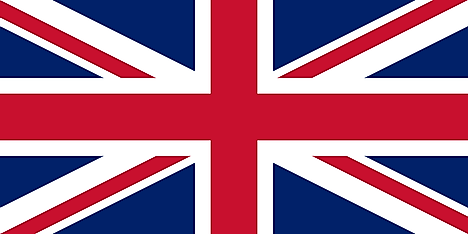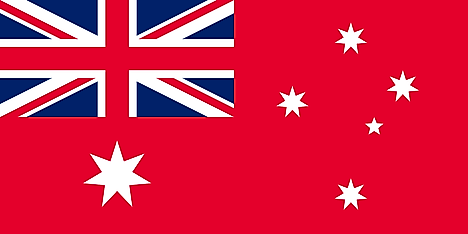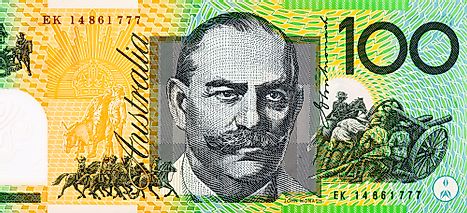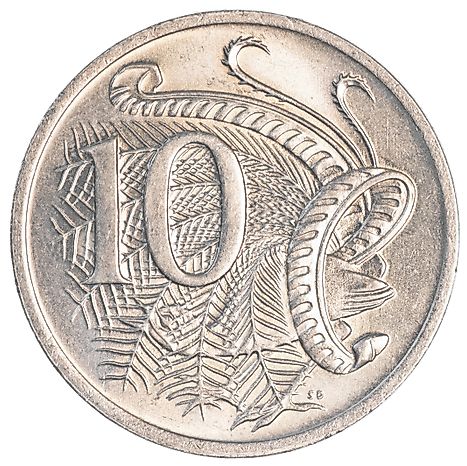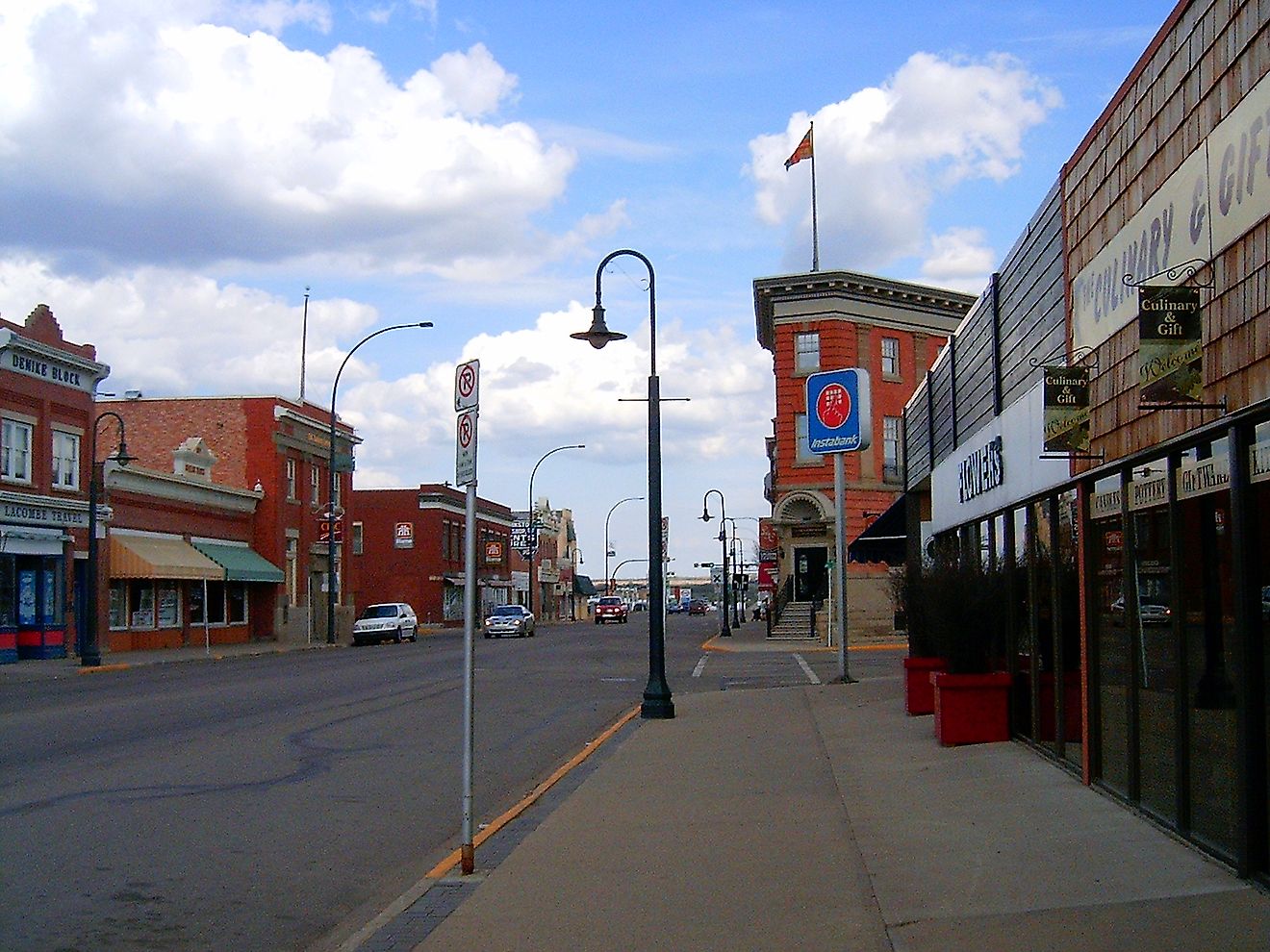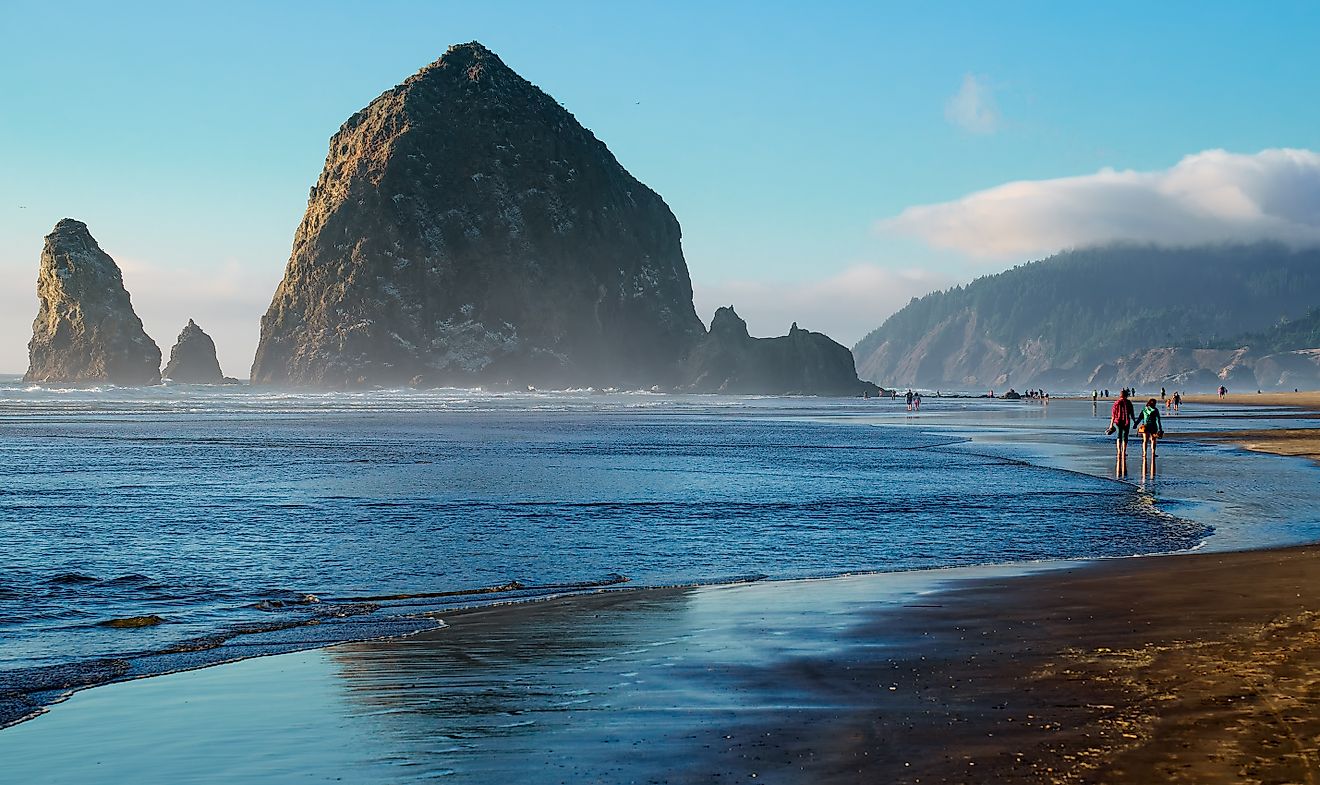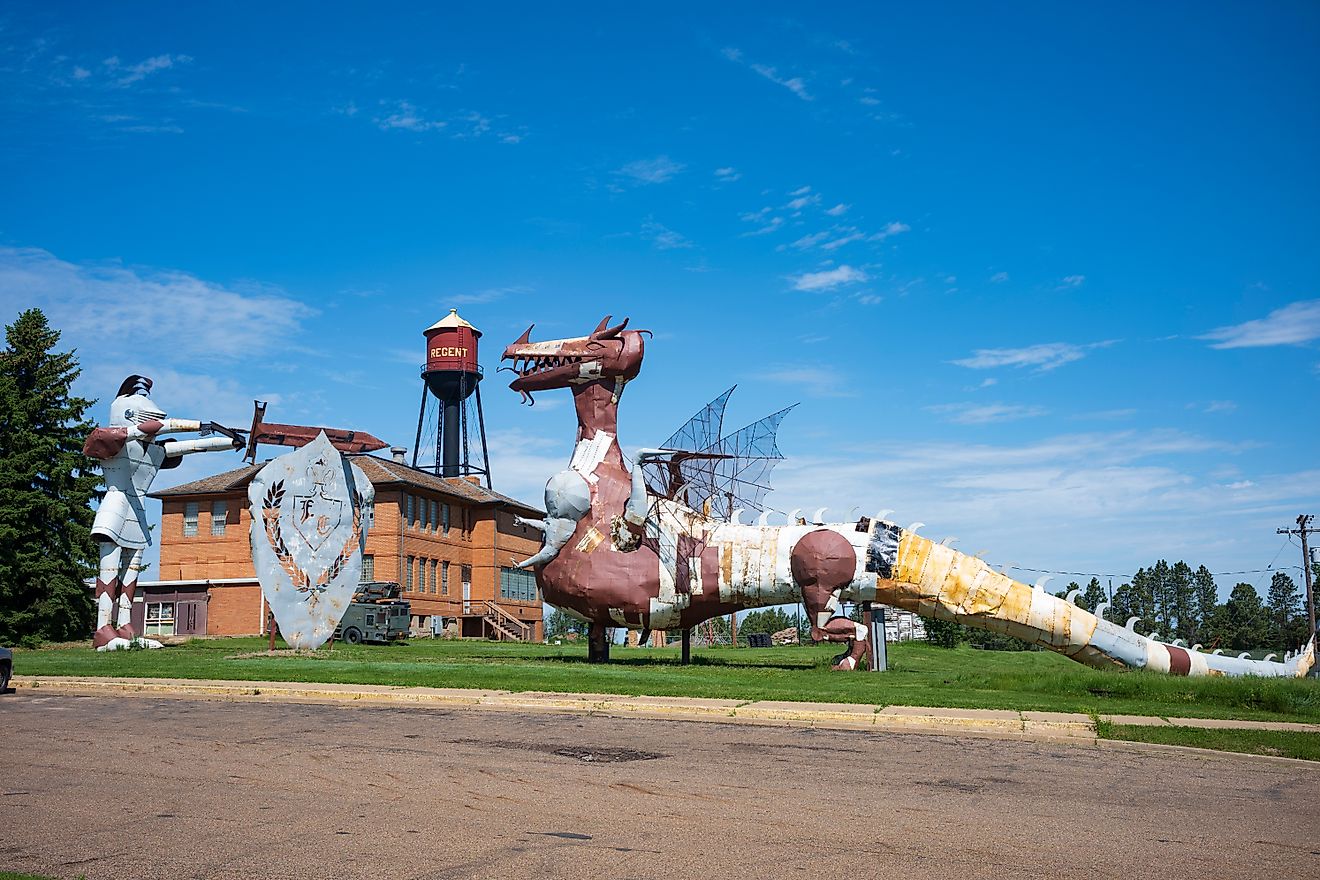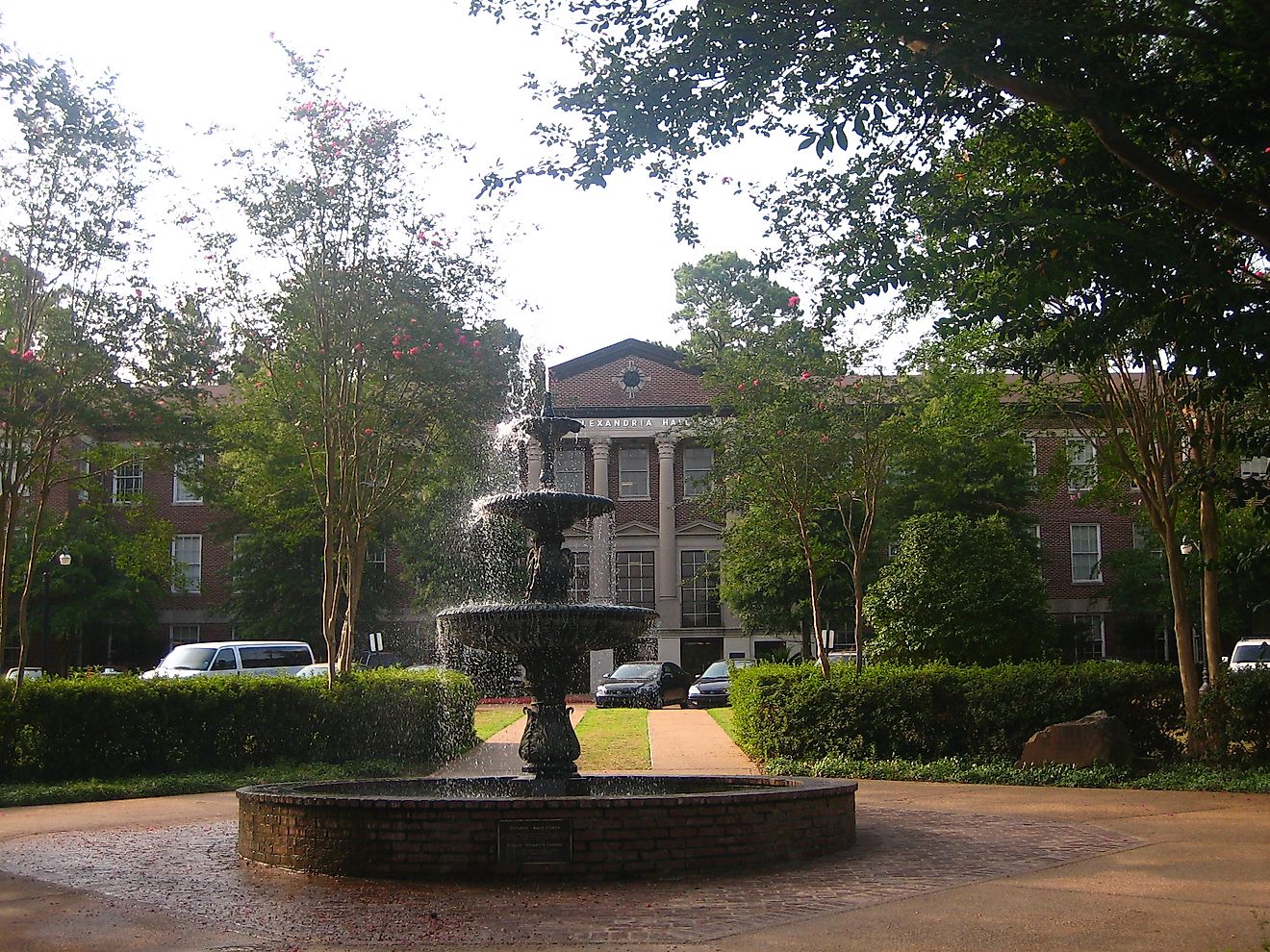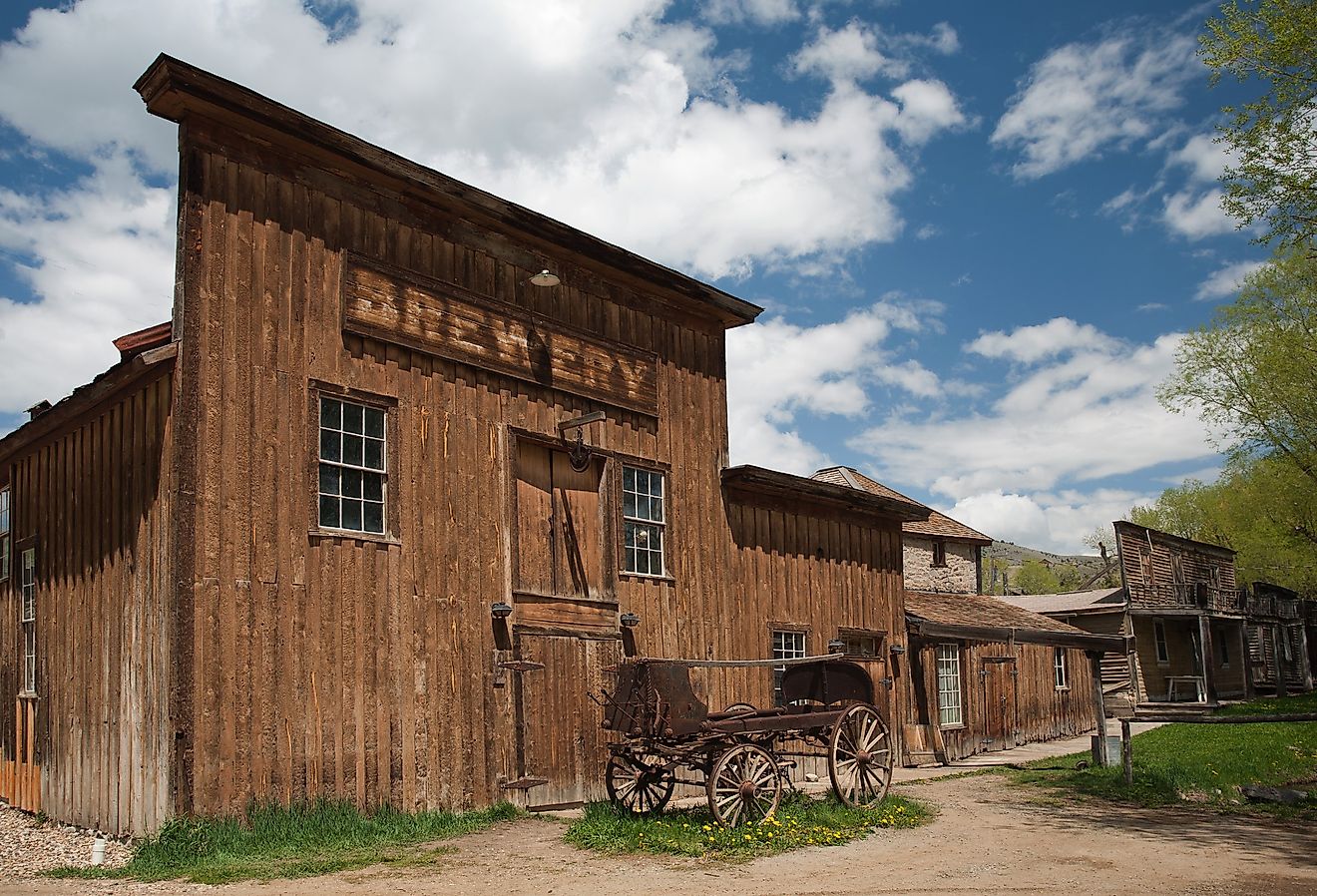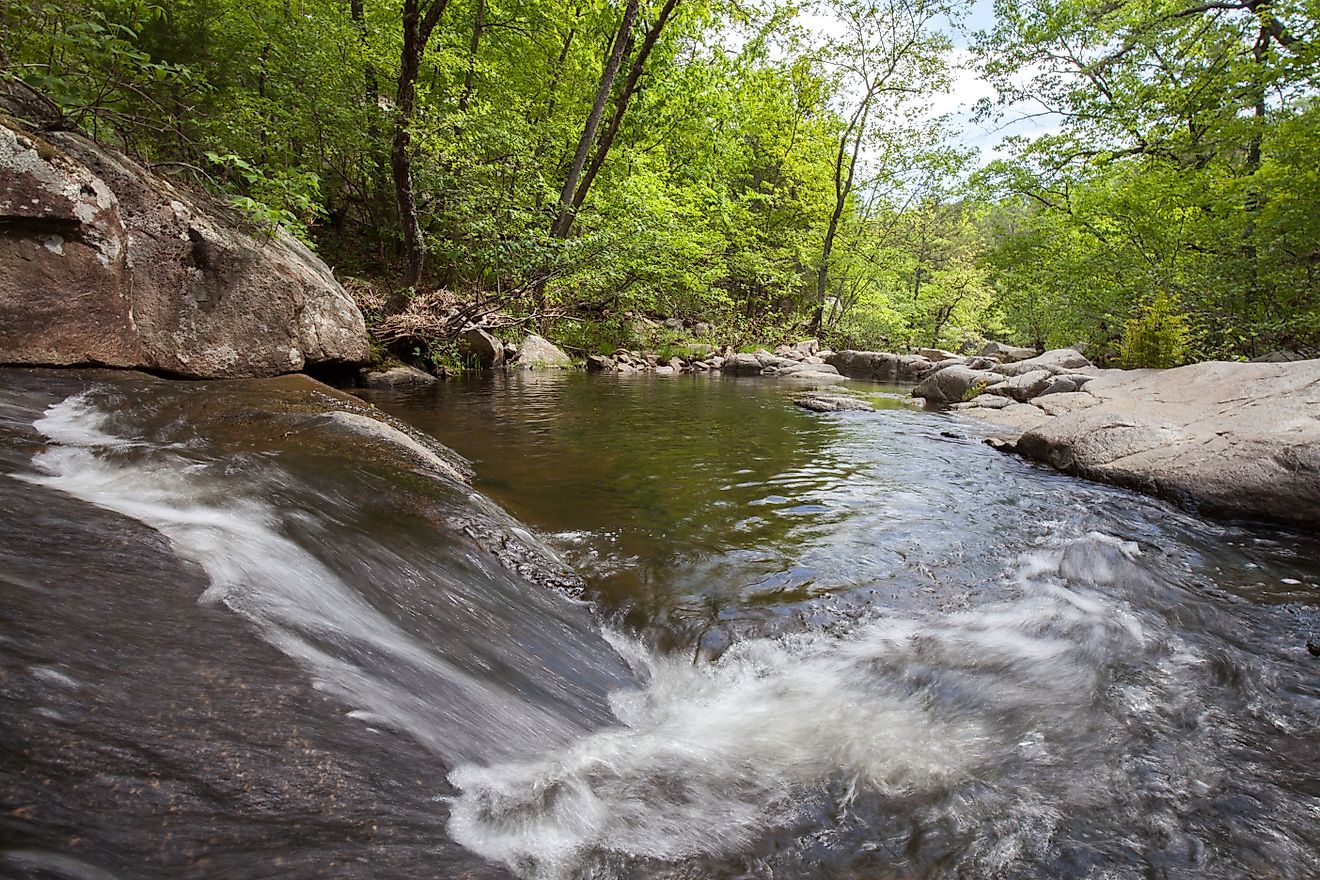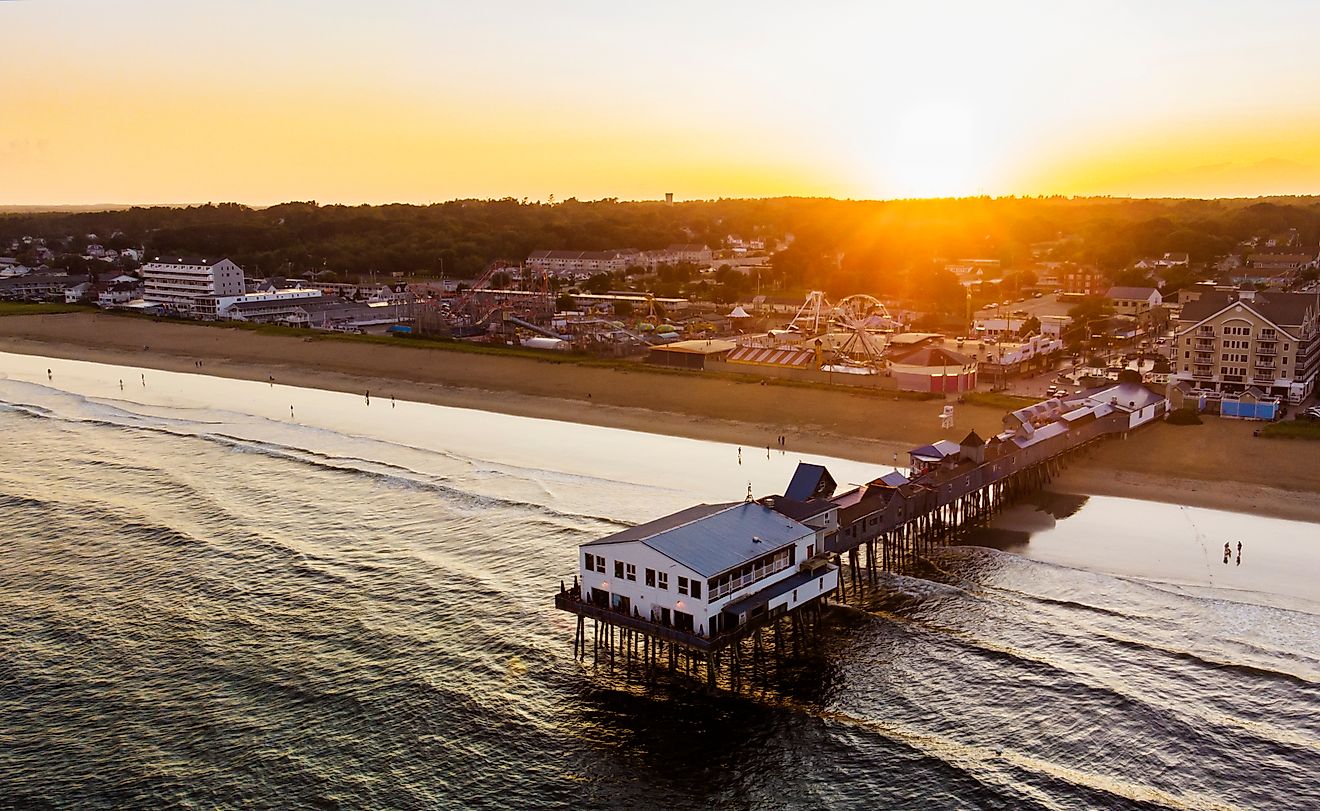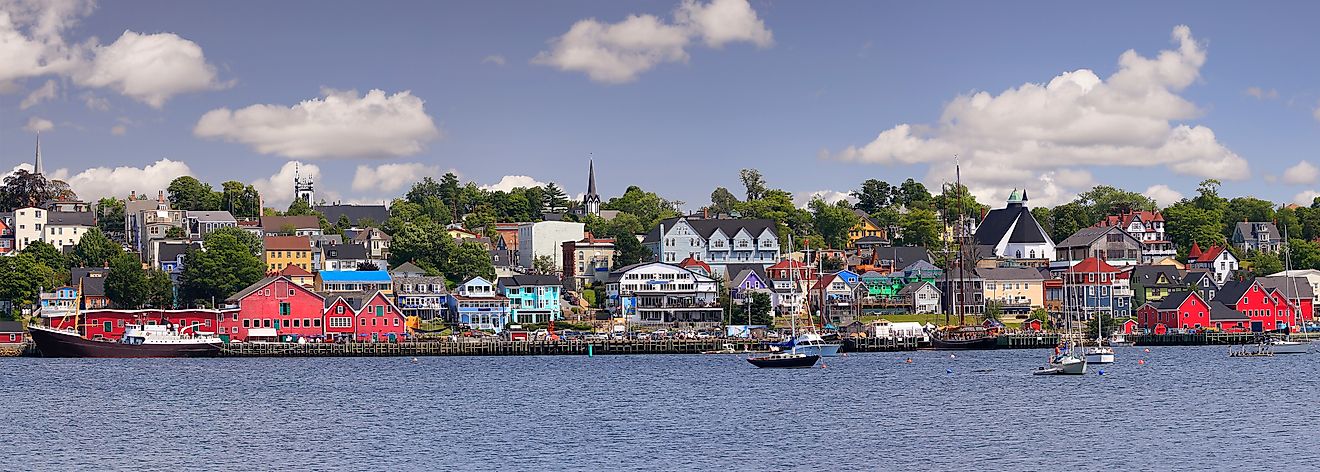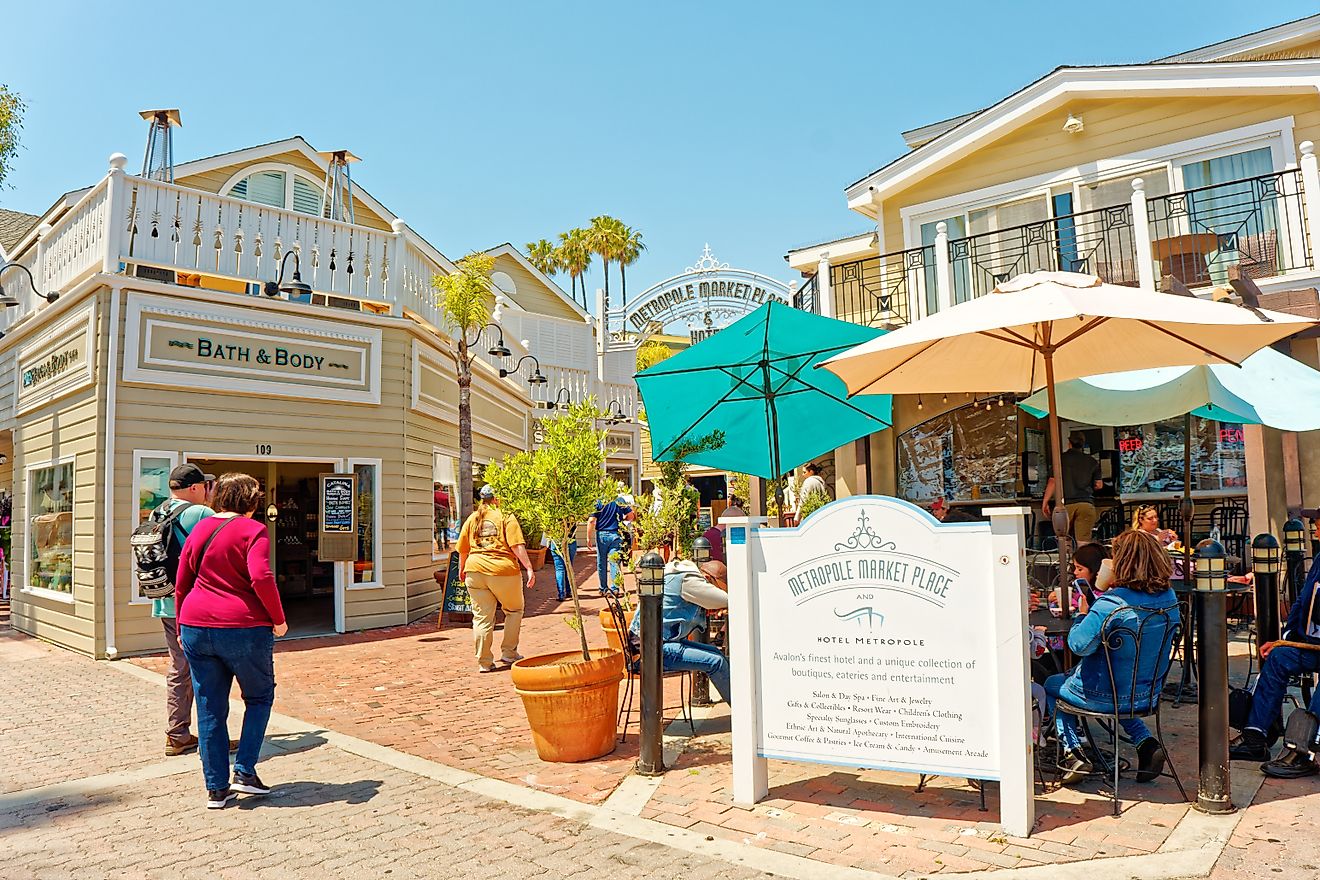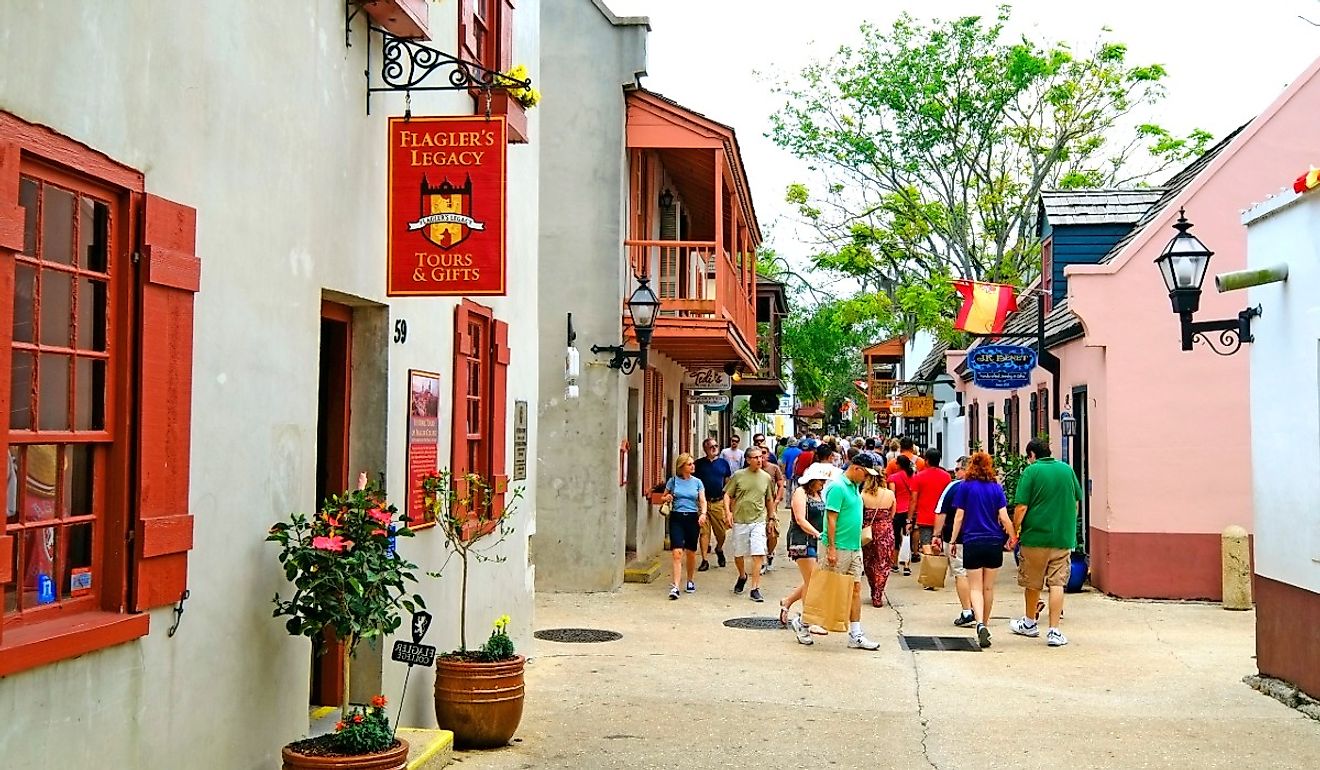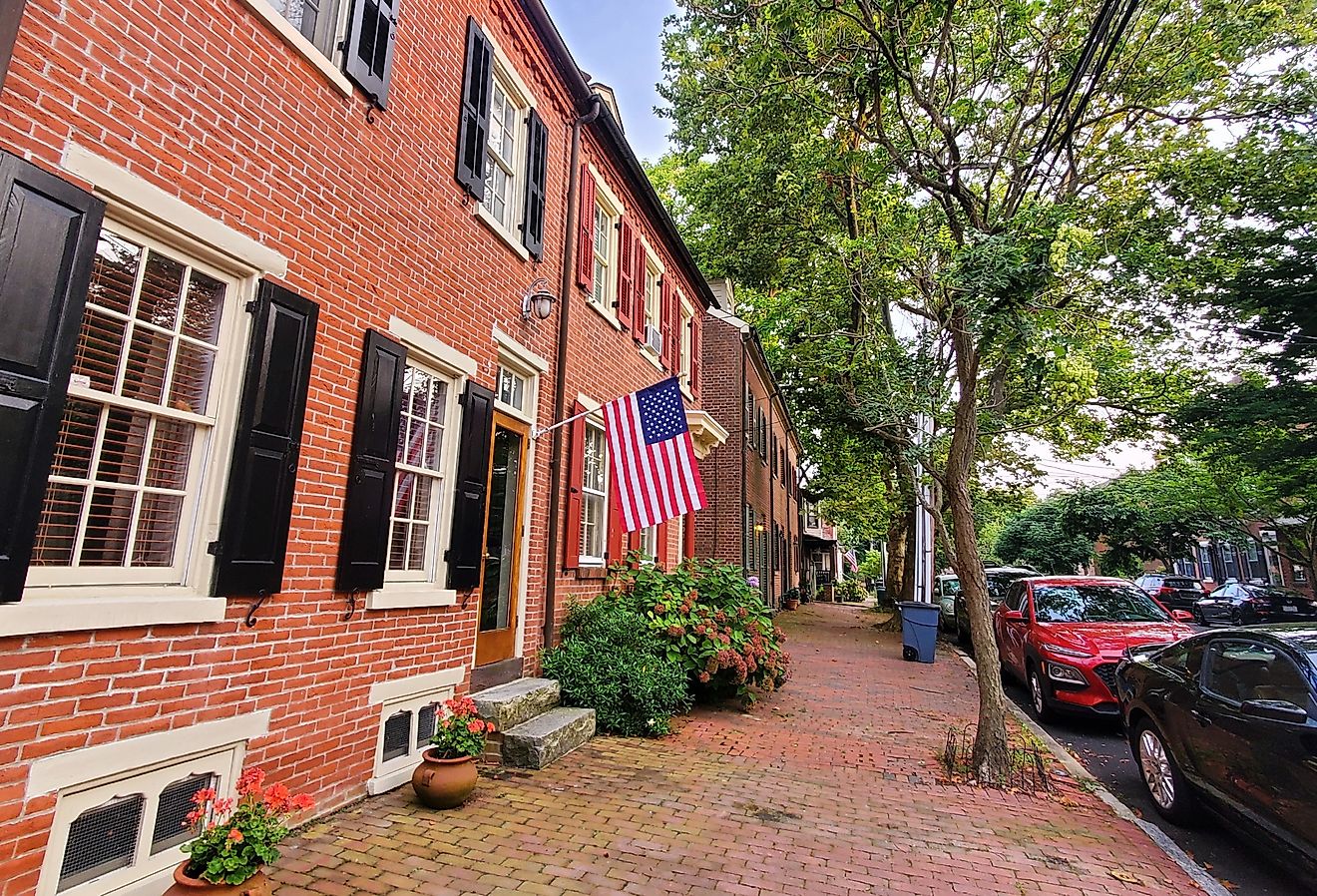Flags, Symbols & Currency of Nauru
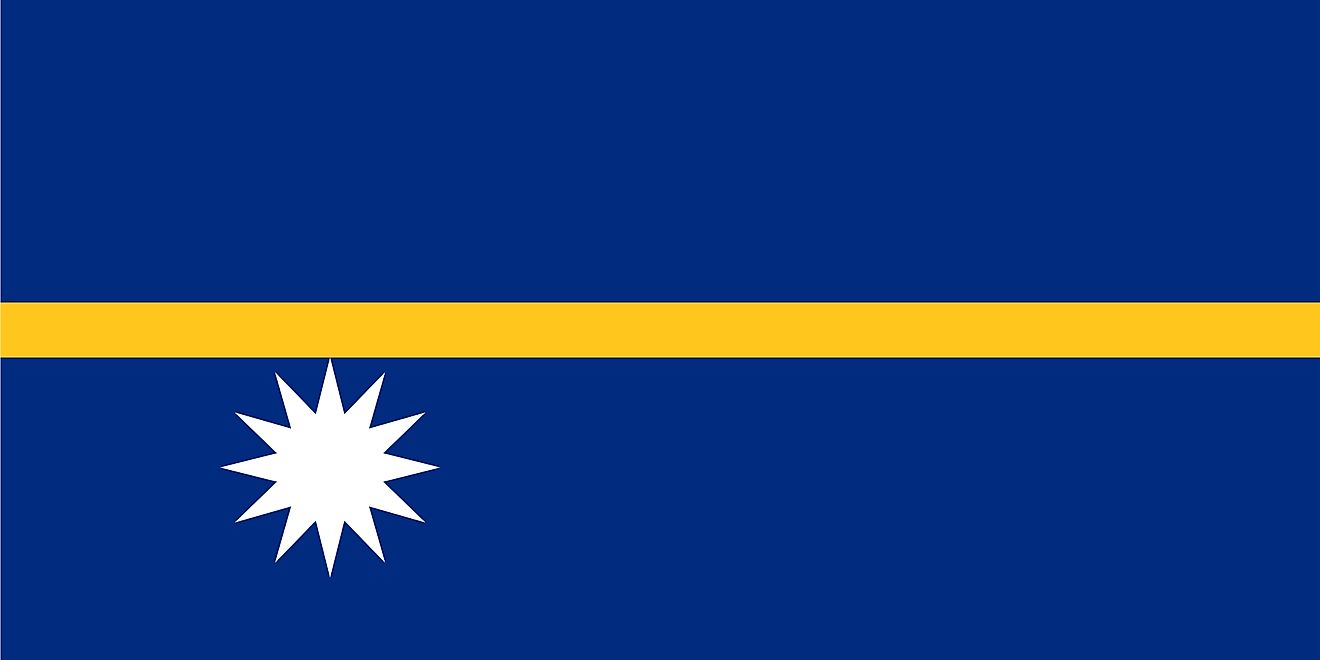
The National Flag of Nauru was adopted on January 31, 1968.
The National Flag of Nauru features a blue background with a narrow, horizontal, gold stripe across the center of the flag and a large white 12-pointed star below the stripe positioned towards the hoist-side of the flag. The blue color of the flag represents the Pacific Ocean. The Equator is represented by the narrow, gold horizontal stripe. The star indicates Nauru’s geographical location to the south of the Equator. The white color of the star represents phosphate which is the basis for the wealth of the island. The star has 12 points with each point representing one of the 12 indigenous tribes of Nauru. The flag has a width-to-length proportion ratio of 1:2.
History of the Flag of Nauru
In the latter half of the 19th century, Nauru came under the European rule. The Germans ruled over the island during this time and Nauru was one of the colonies of the German Empire. The flag of the German New Guinea was flown in Nauru from 1888-1914. Later, Nauru came to be administered by the UK, Australia, and New Zealand. During this time, the island was one of the mandates of the League of Nations. Germany’s defeat in the World War I led to the transfer of the administration of this German colony to the UK, Australia, and New Zealand. The Union Jack was flown in Nauru from 1919-1948. The Japanese troops occupied the island during the World War II but were eradicated from the island after the defeat of Japan. A Flag featuring a white background with a red circle in the center was flown in Nauru from 1942-1945. Nauru now entered into trusteeship between the United Nations, Australia, New Zealand and United Kingdom. The flag which was flown in Nauru during this time, was the Australian Civil Ensign (Flag with a red background with five seven-pointed stars in the shape of the Southern Cross constellation and the Union Jack along with a large seven-pointed star below it, on the hoist side of the flag). The modern flag of the island nation was raised after the country’s independence from the Trusteeship in 1968. A local design competition was held to select a flag for the country. The winning flag was first adopted on the nation’s Independence Day - January 31, 1968.
Symbols of Nauru
The National Coat of Arms of Nauru
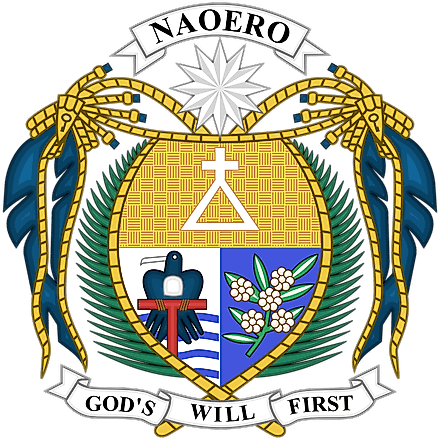
The current official coat of arms of Nauru was adopted in 1968. It features a shield that is split into three quarters. The top quarter contains an alchemical symbol for Phosphorus which is woven over a golden-yellow background. The woven yellow background represents the people of Nauru while the mining of the natural resource of Phosphorus is represented by the alchemical symbol. The lower left quarter contains a black frigatebird sitting on a perch which is positioned on a white field over the blue waves of the ocean. The frigatebird symbolizes the faunal wealth of the Island nation. The lower right quarter contains a branch of calophyllum flowers on a blue field. At the either side of the shield there are: ropes and palm leaves, shark teeth and feathers which represents the chief gear of the tribal people. Above the shield, a 12-pointed star is placed. A white ribbon with “NAOERO” written is placed above the star and below the shield is a white banner with “GOD’s WILL FIRST” written on it.
National Motto
“God’s Will First”
National Anthem
- Anthem Title: "Nauru Bwiema" ("Nauru, Our Homeland")
- Music Composer: Laurence Henry Hicks
- Lyricist: Margaret Hendrie
- Date of Adoption: 1968
"Nauru Bwiema" ("Nauru, Our Homeland") is the national anthem of Nauru. The music of the anthem has been composed by Laurence Henry Hicks. The lyrics of the anthem have been authored by Margaret Hendrie. The anthem was officially adopted as the nnational anthem in 1968.
"Nauru Bwiema" (Nauruan)
Nauru bwiema, ngabena ma auwe.
Ma dedaro bwe dogum, mo otata bet egom.
Atsin ngago bwien okor, ama bagadugu
Epoa ngabuna ri nan orre bet imur.
Ama memag ma nan epodan eredu won engiden,
Miyan aema ngeiyin ouge:
Nauru eko dogin!
"Nauru, Our Homeland"
Nauru our homeland, the land we dearly love.
We all pray for you and we also praise your name.
Since long ago you have been the home of our great forefathers
And will be for generations yet to come.
We all join in together to honour your flag,
And we shall rejoice together and say:
Nauru for evermore!
The Currency of Nauru is the Australian dollar
The current currency of the Republic of Nauru is the Australian dollar (A$, AUD). Australian Dollar is divided into 100 cents. The Bank of Nauru located in the district of Aiwo is the place where money is exchanged.
There are no ATMs in the country so credit or debit cards are usually not accepted. The only means of payment in Nauru is cash. All transactions in the country are done using cash and savings for the members of the community are also held in cash form. In 2006, the banking system in Nauru was shut down by the government of Australia. At present, the island is heavily dependent on Australia since it is the primary source of financial support for Nauru.
